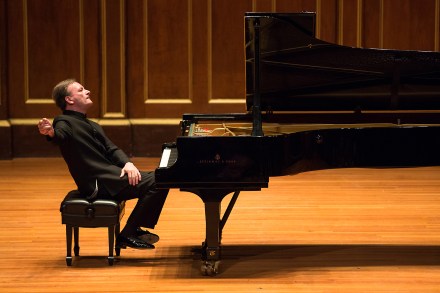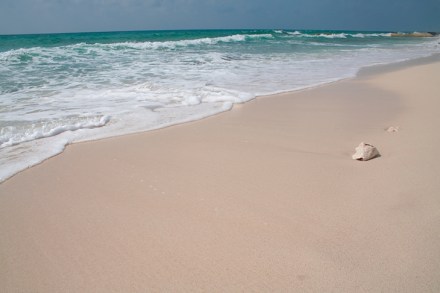‘Sitting the 11-plus was the most momentous event of my life’ – Geoff Dyer
Geoff Dyer, eh? Geoff Bloody Dyer – without doubt one of contemporary Eng. Lit.’s most successful, intellectually playful and stylistically distinctive voices. His extraordinary oeuvre spans fiction, non-fiction, memoir, criticism and genre-defying hybrids, often likened – I don’t know by who, but by me at least now – to greats such as W.G. Sebald or Roland Barthes. Dyer expertly navigates the tricky territory between high culture and everyday experience, balancing erudition with comic digression in books ranging from Out of Sheer Rage (a hilarious study of not writing a book about D.H. Lawrence) to But Beautiful (a genre-blending and largely non-irritating meditation on jazz) to Zona (a mercifully unpretentious personal









